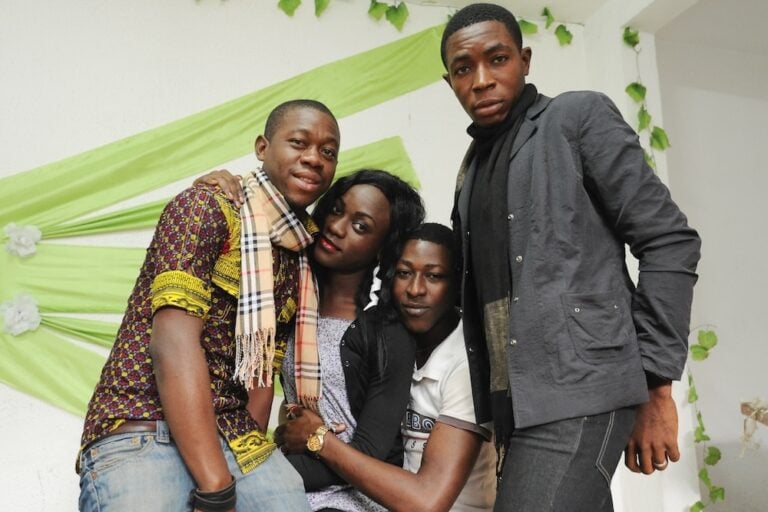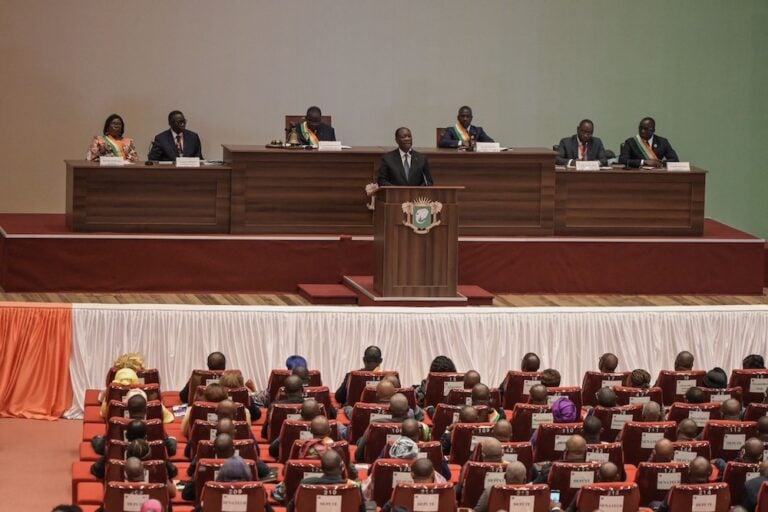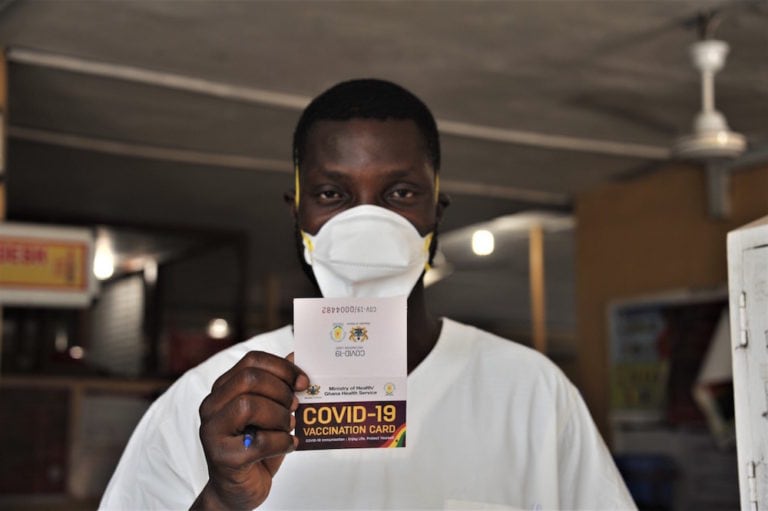(RSF/IFEX) – A demonstration marking the fifth anniversary of Canadian-French journalist Guy-André Kieffer’s abduction and disappearance in Abidjan was held on 16 April 2009 at the Place de la Bastille in Paris by his family, Kieffer support committees and Reporters Without Borders. Dozens of people gathered on the square facing a man representing a reporter […]
(RSF/IFEX) – A demonstration marking the fifth anniversary of Canadian-French journalist Guy-André Kieffer’s abduction and disappearance in Abidjan was held on 16 April 2009 at the Place de la Bastille in Paris by his family, Kieffer support committees and Reporters Without Borders.
Dozens of people gathered on the square facing a man representing a reporter who has been prevented from doing his job. The demonstrators placed their hands over their eyes, ears or mouth to represent the lack of transparency since Kieffer went missing.
“Five long years have passed without the truth being established about Guy-André’s fate,” Reporters Without Borders said. “The silence and impunity are unbearable for his family and have gone on too long. We reiterate our hope that the French judicial authorities will be able to do their job with complete independence in cooperation with the Ivorian authorities, that all those who have been subpoenaed will finally be questioned, and that witnesses with key information are protected from any pressure.”
BACKGROUND:
Aged 54 at the time of his abduction, Kieffer was an agronomist by training who had worked for the French business daily “La Tribune” before going to live in Côte d’Ivoire in 2002. In Abidjan, he was a regular contributor to “La Lettre du Continent”, a France-based publication about Africa, as well as to other specialist magazines. He also wrote under a pseudonym for the local press.
As a specialist in commodities, business and finance, he also worked for a commodities consulting company specialising in cocoa, Côte d’Ivoire’s leading export. He had reportedly begun writing a book jointly with André Dacoury-Table, a former political associate of Ivorian President Laurent Gbagbo who had gone on to become one of the leaders of the rebel New Forces and the foreign affairs coordinator of the Côte d’Ivoire Patriotic Movement (MPCI).
Kieffer was kidnapped from an Abidjan supermarket parking lot on 16 April 2004 after being lured there by Michel Legré, the brother-in-law of Gbagbo’s wife, Simone Gbagbo. French investigating judge Patrick Ramaël indicted Legré on 21 October 2004 on a charge of “abducting and holding” Kieffer.
After 18 months in an Abidjan detention centre, Legré was supposedly placed under house arrest in Abidjan but in fact he moves freely about the city and has even been abroad.
Jean-Tony Oulaï, an Ivorian citizen who claims to have been a captain in the Ivorian army, was detained while in France on January 2006 and indicted on the same charge of “abducting and holding” Kieffer. Witnesses allege that he supervised Kieffer’s abduction. He continues to be detained in France.
The French investigation has been handicapped by the tense relations between France and Côte d’Ivoire, the difficulty of conducting enquiries in Abidjan and the code of silence observed by those involved, who are all close to President Gbagbo.


